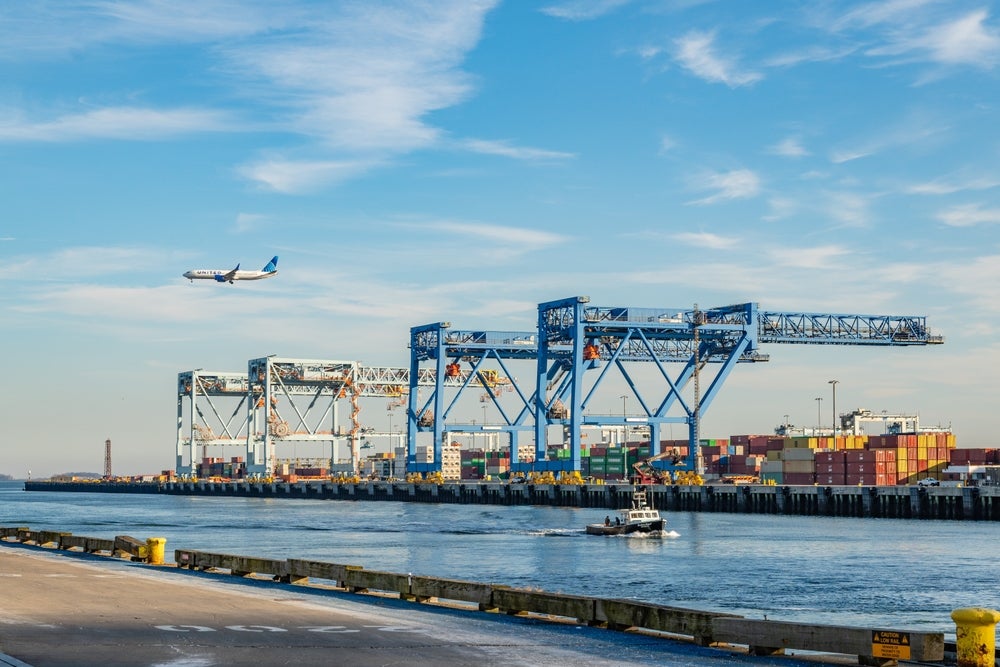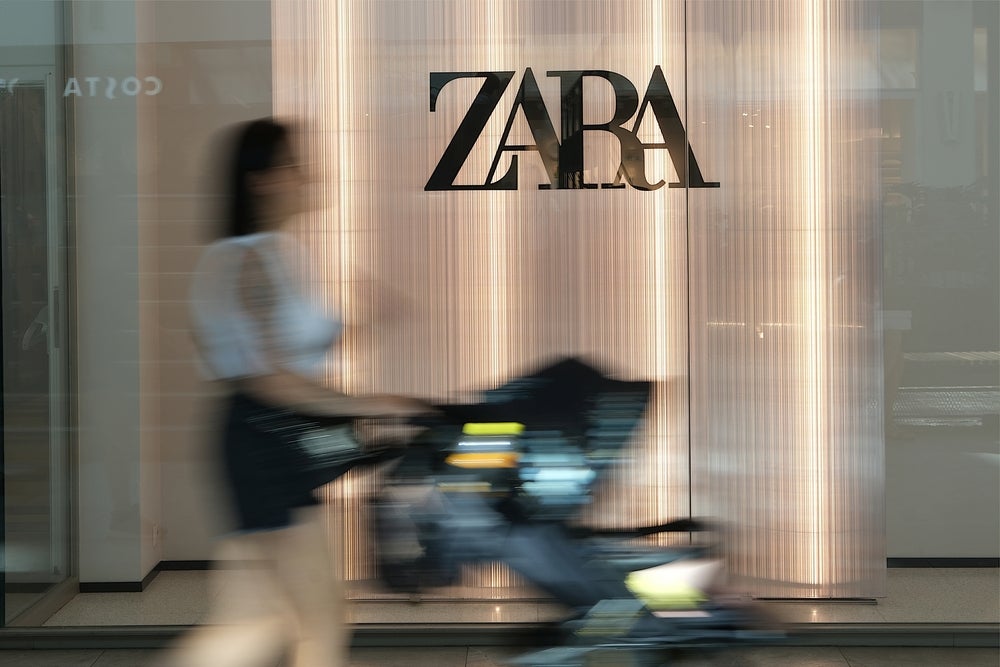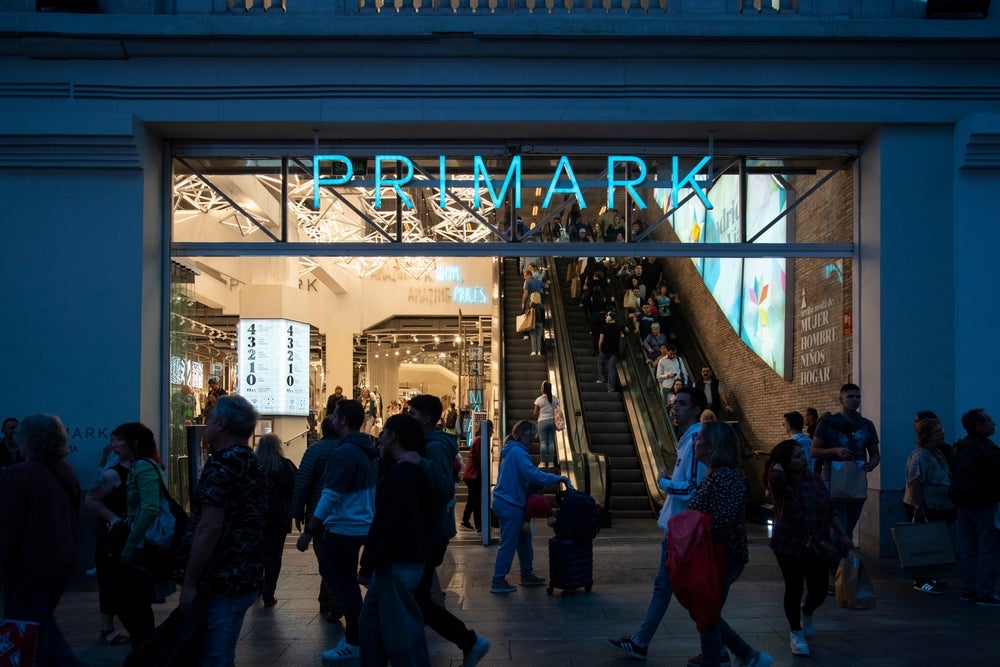NRF president and CEO Matthew Shay expressed concerns that a potential strike at US ports on the East and Gulf Coasts could significantly disrupt the retail supply chain during the peak shipping season.
Shay emphasised the urgency of resolving the labour dispute, highlighting that the threat of a strike is already prompting retailers to adopt costly mitigation strategies.
In early August (2024), NRF advocated for the resumption of negotiations after the ILA had threatened to strike if a new contract was not reached by 30 September.
The potential strike was said to compound existing supply chain challenges, including the ongoing attacks on commercial vessels in the Red Sea, which have led to increased shipping times, costs, equipment shortages and congestion in Asian ports.
At the time, NRF vice president for supply chain and customs policy Jonathan Gold said: “We hope to see both sides resolve this issue before the current contract expires because retailers and the economy cannot afford to see a prolonged strike.”
Shay has since said the timing of the potential strike could have a "significant" impact on the economy.
He added: “At a time when inflation is on the downward trend, a strike or other disruption would significantly impact retailers, consumers and the economy. The administration needs to offer any and all support to get the parties back to the table to negotiate a new contract.”
In June, NRF, led a coalition of 158 trade associations, in writing a letter to President Biden, calling for his support in efforts to facilitate a new agreement between the two parties.
The NRF says it remains committed to pushing for policies that strengthen supply chain resilience and will continue to engage with stakeholders to ensure the stability of the retail sector amid the ongoing labour discussions.















